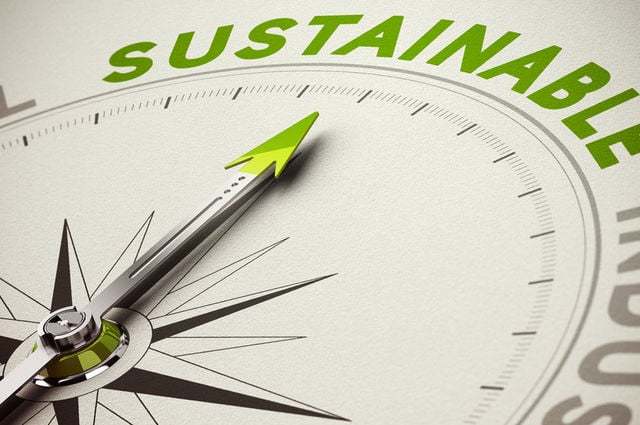0 experts shared their view
World Inequalities also in Carbon Emissions
When looking at climate policies around the globe, it becomes apparent that these mostly address the emissions from large carbon emitters. There is, however, increased research looking at the gap between public policy and individual behaviour. But it is a grey zone between fostering responsibility and simply shifting the blame. This is particularly true in the travel sector where corporate responsibility is expected but individual accountability less so. So it's tricky.
If one takes a look at Chapter 6 of the 2022 World Inequity Report by the World Inequity Lab (see https://wir2022.wid.world/chapter-6/) then the picture becomes clearer: “Global income and wealth inequalities are tightly connected to ecological inequalities and to inequalities in contribution to climate change” (para 1) independent of geographical location – it is socio-economics. And, according to the authors, “the first way to address carbon inequality is to properly track individual emissions within countries” (para 36). Similar to a business tracking its energy consumption to be able to take targeted measures, governments must be able to interpret the consequences of their policies (i.e. tax or subsidies).
For a personal carbon pricing and accounting system to work, it requires public acceptability. An equal distribution of carbon allowances across population is considered unfair – rural households and families with children have an increased burden. So a system would have to work based on emission rights allocated to those with higher emissions quota needs (See https://doi.org/10.1016/j.ecolecon.2022.107587).
There are a lot of open questions on the viability and acceptability Personal Carbon Allowances – it's clear that it's complicated and any system must be just. But with tech and increased granularity on carbon data of goods and services aiding, and with a public outrage over the slow pace of climate actions implementation, PCA might just offer that approach to galvanise everyone behind a net zero 2050 and not the selected few. How about a trial individual and voluntary Net Zero carbon scheme to start with?

